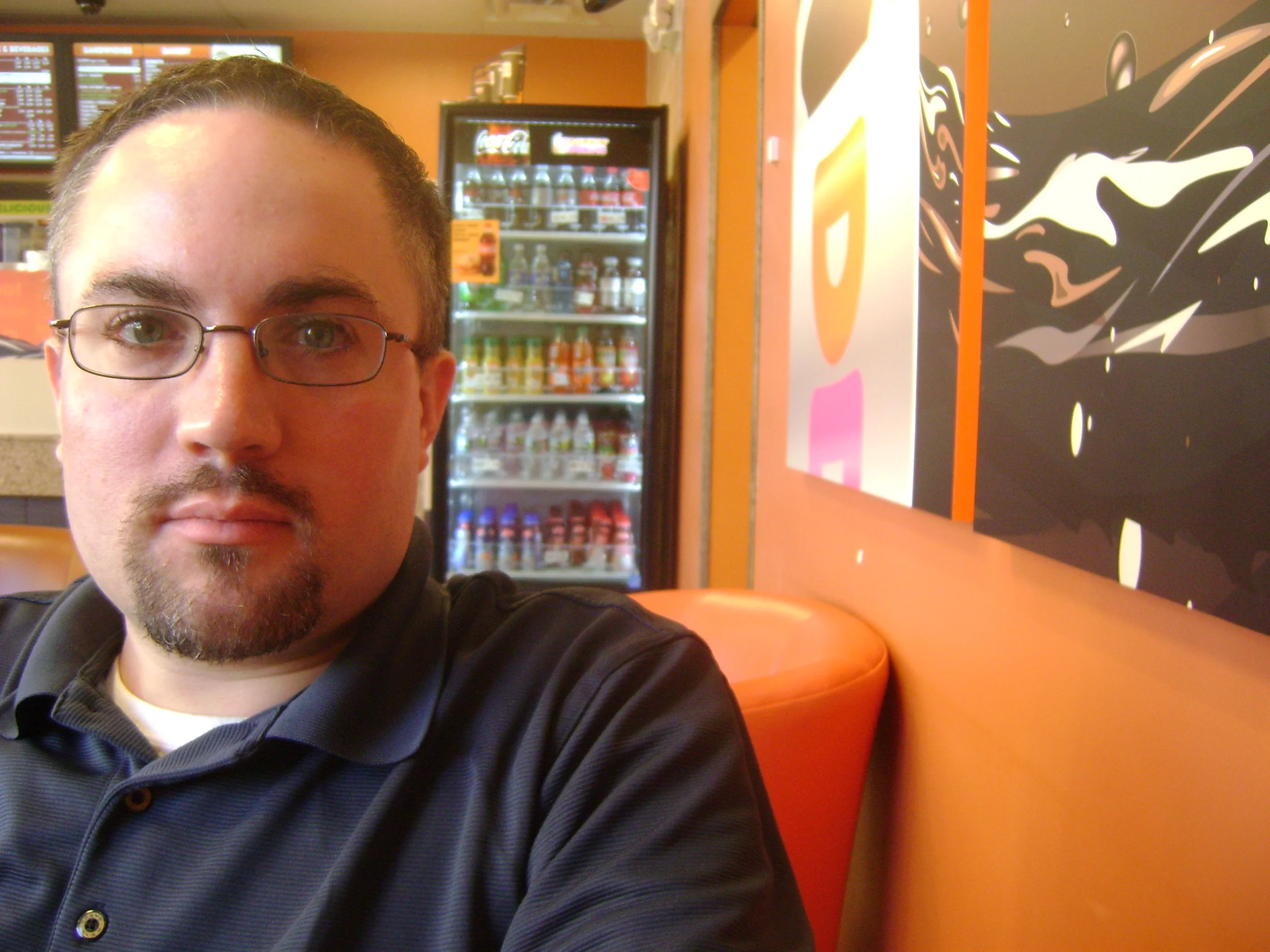Make a change, affect a change Brian
For the better part of 10 years, Brian felt like a square peg in a round hole.
Right out of high school he enrolled in the Navy - in part to travel the world, in part to make his father, a career military man, proud. He was quickly sent to Afghanistan, where he helped load missiles onto the planes. He did OK, he says, but after eight years and some butting of heads, his heart wasn’t in it, so he left in search of civilian life.
He didn’t realize how difficult that would be.
It was a package of horribles for the next three years. He found an engineering job that he thought was up his alley, but after almost a decade in the military and receiving orders from his superiors, not having a hands-on supervisor and clear direction left him feeling rudderless. His fiance left him, then he was let go at work. Since he was living on the opposite coast from his family with no support network, he turned to pizza and ribs and gambling and the World of Warcraft video game to get through. He was bitter, unsure, and “not exactly someone you’d want to be around,” he says. Without a solid social network, he spent multiple Thanksgivings at Boston Market, alone. He still gets choked up thinking about that time.
He had some very dark moments, and he thought about giving up, “I’m not proud to say it,” he says.
But people can change. And Brian clearly has.
There were some key shining events spliced through that painful time that helped turn things around for Brian. They were good things he didn’t necessarily see at the time: By leaving the military he was forced to put his inclination to stick to himself aside. Because he wasn’t happy at work, he was thinking a lot about what his passion might be. And after his girlfriend broke up with him he took a vacation on the recommendation of a colleague. It was there, talking with strangers, that he realized he was fascinated by the way people thought. So when he was eventually fired, the idea of getting in to psychology practically hit him over the head.
He enrolled in school for psychology in New York, and it blew him away. “I learned a lot about myself in school. My biggest adjustment was realizing how messed up I was – how immature I was – mentally and emotionally, and that I needed to fix a lot of things between my father and I.”
And he started to work on himself. “I used to think everyone else had to change.” Now, he says “I’d had enough people [figuratively] slapping me in the face… to realize the way I was acting hasn’t worked for me in the past it probably won’t work for me, so maybe I just need to listen to somebody.”
That wasn't always easy, but his father told him something that he says resonated with him: “Only people who care about you will give you feedback and criticism. People who don’t [care] about you aren’t going to say anything. They’ll let you fall on your face.”
And Brian didn't want that for himself. From the time Brian was small, he has wanted to make a difference, but, he says, “If you would have told me 10 years ago that I'd be going into social work, I would have laughed at you.”
Now it feels like home. He starts a specialized graduate program at Boston College in a few months and is excited for it to begin.
He’s practically a new man; He's been happily married to a woman who he loves deeply a year this month, it's easy for him to strike up conversations with neighbors, and he lights up when he talks about about sitting down with vets and helping them reenter the civilian world at his volunteer job with the department of Veteran’s Affairs. He’s able to see the big picture, now. “The biggest thing I learned,” he says, “is you can’t give up.”
And that’s the message he wants to help other vets understand.
"I’m on my way," he says. "A living testimony of grace. Hopefully my story can be encouraging to others."

